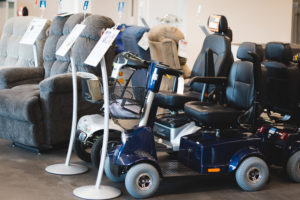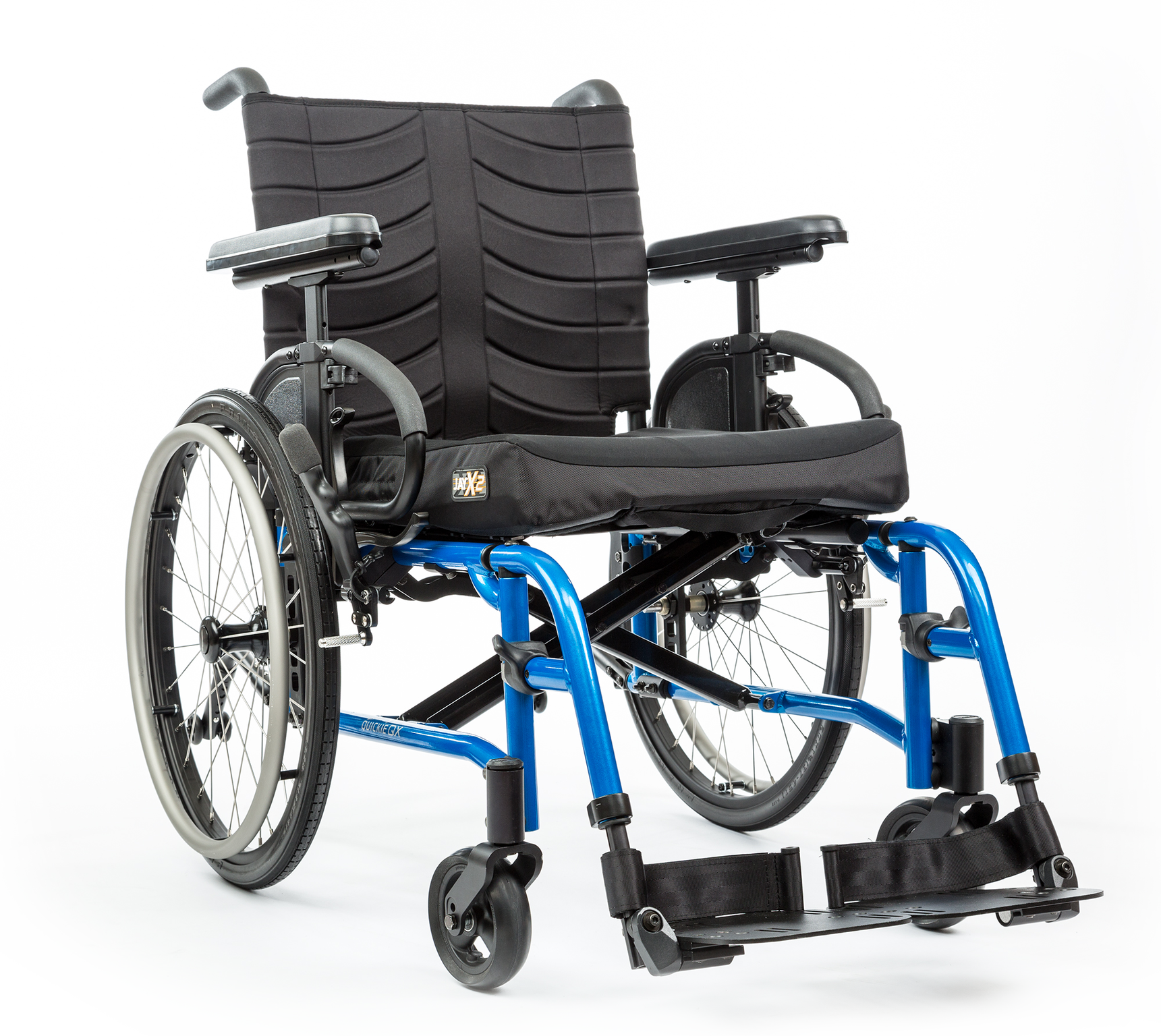
Getting a decent night’s sleep should be high on our list of priorities, at any age. Why? Because sleep helps us be more positive, productive, and energetic people, who are more considerate of others and less likely to fall victim to every cold or bug going around.
On the other hand, being sleep-deprived can make us lethargic and irritable, prone to getting sick and not having the energy to get back on track. External factors like loud noises and cold weather affect us much more when we’re under-slept and life in general just looks a little hazier.
So for those who have advanced into their “golden years”, sleep can be the difference between that gold staying nice ‘n’ bright…or turning dull. Along with the new bodily aches, ever-slipping memory, and the torment of not being as fully independent as they once were, their sleep can take a major knock. If you know someone suffering from pain and would like to research the top mattress for it, take a look at the Sleep Advisor guide for it. It’s very helpful.
Even if they used to sleep like a baby, now they find themselves having to get up for the toilet 3 times at night. Or waking up at 3 am, unable to get back to sleep. Or not being able to go a few hours without napping in the daytime.
Because, as we get older, our sleep patterns change. We have more trouble getting to sleep – and more trouble staying asleep – than we did when we were younger. It can be a frustrating and exhausting, changeover.
So here are a few tips on creating healthier sleep patterns for the elderly:
1. Stick to the recommended hours
It’s a common misconception that we need less sleep as we age. In fact, the National Sleep Foundation states that our sleep needs to remain constant throughout adulthood; what changes is our capacity to get this sleep. Hence the new category they added in their recommended sleep times.
Most adults are recommended to get 7–9 hours of sleep a night. For adults over 65, it’s slightly less (7–8). Still, it’s not that big a difference, considering elderly people might only be getting 5 or 6 hours of sleep a night if that. If they fall far short of the recommended times, well, that’s where naps come in.
2. Stay happy napping
There’s nothing wrong with napping during the daytime when we feel tired. In fact, we should be turning to a good old-fashioned nap if we’re feeling tired at any age – it’s called a “power nap” for good reason!
But there’s a difference between scheduling a nap time and constantly nodding off during your waking hours. The former is far healthier. So to develop a healthier sleeping pattern for elderly people, look at how many hours of sleep they normally get each night. If it’s only 5 or 6, well, they should be getting 2 or 3 more hours’ kip during the day. This can be taken as one long afternoon nap (say, after lunch) or broken into 2 stints; perhaps one mid-morning and another in the afternoon. Just make sure the naps don’t cross into the late afternoon because more than likely, they’ll be going to bed early anyway.
3. Early to bed, early to rise
This can be a difficult change for many to get onboard with, especially if they’ve been night owls and late sleepers for their whole lives. But as we get older, our circadian rhythms shift; so we find ourselves getting sleepier earlier and waking up earlier, too.
To develop the healthiest sleeping pattern, it’s quite simple: don’t fight what’s happening naturally. Elderly people who are starting to nod off at 9 pm should simply listen to their bodies. Sure, they might wake at 4 or 5 am and this might’ve been a big deal in the past, but not anymore. They’ll still have gotten their recommended hours…and they’ll have a nap to look forward to mid-morning, anyway.
4. Keep fit
Maintaining an active lifestyle during the daytime is a great way to ensure a sounder sleep at night. Simple exercises, like gentle stretches in the morning and evening, a short swim, a nice walk or even a gentle cycle, can work wonders for those having difficulties sleeping.
The more of this exercise that can be done outdoors, the better. Being cooped up all day is only likely to make the mind more anxious and less prone to settling down. By getting some fresh oxygen in and allowing the mind to bask in nature rather than one’s own thoughts or worries, it will find it easier to shut down at night.
Exercise is great for the body and mind. So incorporating it into a daily routine is a definite must when developing a sleep pattern for the elderly.
Hopefully, these tips will shed some light as to what changes can be made in our sleep schedules as we move into a more advanced stage of life. The aim is to sleep soundly, whatever your age, and to be a healthier, happier person when morning arrives.








